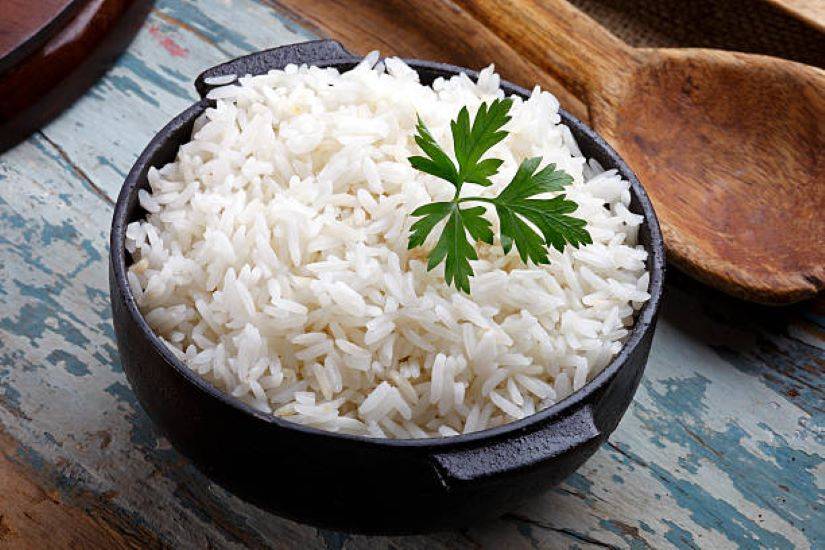
The Indian government has taken a significant step to mitigate the inflation surge and increase the availability of rice within the country by imposing an immediate ban on the export of non-basmati white rice. The decision, announced by the Centre on Thursday, is expected to have a significant impact, as non-basmati white rice accounts for 25-30% of India's total rice exports.
The ban comes amidst concerns over the rising prices of rice, with official reports indicating an alarming increase of over 11.5 per cent in the span of a year, and a three per cent surge in just the past month. The hike in prices has raised apprehensions about the availability and affordability of rice for the general public, necessitating a prompt and strategic response from the government.
India's non-basmati white rice exports have been witnessing a notable upswing in recent times. During the 2022-23 fiscal year, the country exported non-basmati white rice worth USD 4.2 million, a significant rise compared to $2.62 million in the previous year. In terms of volume, the exports of this variety reached 6.5 million tonnes in FY23, reflecting an impressive increase of nearly 22 per cent from the 5.3 million tonnes exported in the previous financial year.
Thailand, Italy, Spain, Sri Lanka, and the USA have been the major destinations for India's non-basmati white rice exports. However, the surge in global demand, coupled with the uncertainty in rice production, has compelled the Indian government to prioritize the domestic market temporarily.
The decision to impose the ban on non-basmati white rice exports takes into account the challenges faced during the kharif season, which is an essential period for rice cultivation in India. Inadequate rainfall in crucial rice-growing states like Bihar, Jharkhand, and Odisha, has resulted in cumulative deficits ranging from 15 per cent to as high as 44 percent. Conversely, other major rice-producing states like Punjab and Haryana have experienced excessive rainfall, with cumulative surpluses of 52 per cent and 65 per cent, respectively.
The imbalanced rainfall distribution and its impact on rice production in various states prompted the government's decision to suspend non-basmati white rice exports temporarily. By doing so, they aim to bolster domestic supplies and stabilize rice prices within the country.
This step is part of a larger effort by the Indian government to address the current inflationary pressures and secure food supplies for its citizens. While the ban on non-basmati white rice exports may have implications for international trade, it is expected to play a crucial role in ensuring food security and affordability for millions of Indians during these challenging times.







